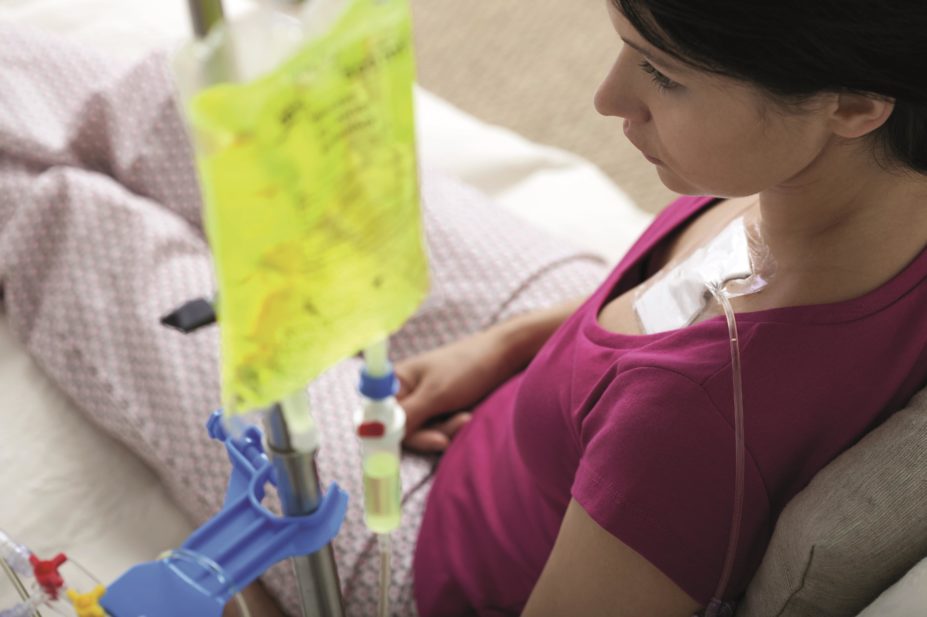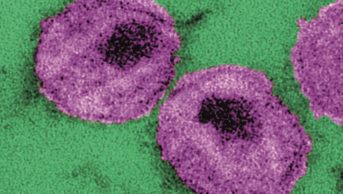
BSIP SA / Alamy
The Cancer Drugs Fund (CDF) has undermined the National Institute for Health and Care Excellence (NICE) and has provided a “get out of jail card” for pharmaceutical companies, says Peter Clark, the chair of the CDF.
In an address to the Westminster Health Forum on 15 January 2015, Clark, a practising oncologist, said he regrets that the CDF has undermined the NICE approval process and admitted that the system for commissioning chemotherapy in England is “broken”.
“CDF has stacked up drug indications with no long-term decisions about the future of [the fund],” said Clark.
The CDF budget for 2014–2015 is £280m but it is set to overspend by £110m, he said. In response to the overspend, a number of drugs and indications will be removed from the fund. Clark said the move, announced on 12 January 2015, was “inevitable” and that there would be further prioritisation of the drugs that are funded through the CDF.
To be eligible for CDF funding, cancer drugs are now assessed on clinical benefit versus cost but Clark conceded that the simple evaluation used by the CDF was “in no way a cost-effectiveness analysis or doing what NICE does”. “This is all we can do,” he said.
Clark wants the CDF to fund drugs that offer significant benefits to patients while they are appraised by NICE and to facilitate further data collection and evaluation.
In Clark’s vision, a positive decision from NICE would see the drug funded through “baseline commissioning” but a negative decision could lead to one of two things happening. Drugs that received a negative decision based on solid long-term data would be removed from the CDF. Where there was uncertainty about the drug’s effectiveness, further outcome data based on its use within the NHS should be collected. In turn, these data would be shared with the drug’s manufacturer, NICE and the CDF, at which point the drug would be reappraised by NICE, but this time with “mature data”.
“My view is that with this maturity-of-data process there will be many more NICE [approvals],” said Clark.
Clark believes that cancer has a special place in people’s psyche, which influences their willingness to pay for treatment. Gillian Leng, deputy chief executive of NICE, suggested that NICE may be asked to up the cost effectiveness threshold for cancer medicines. “If cancer is deemed a priority, then we’ll make it a priority,” she said.
A report by the National Audit Office was released on the same day as the Westminster Health Forum event. It reveals that cancer survival in the UK has improved since 2011 but remains about 10% lower than the European average.


